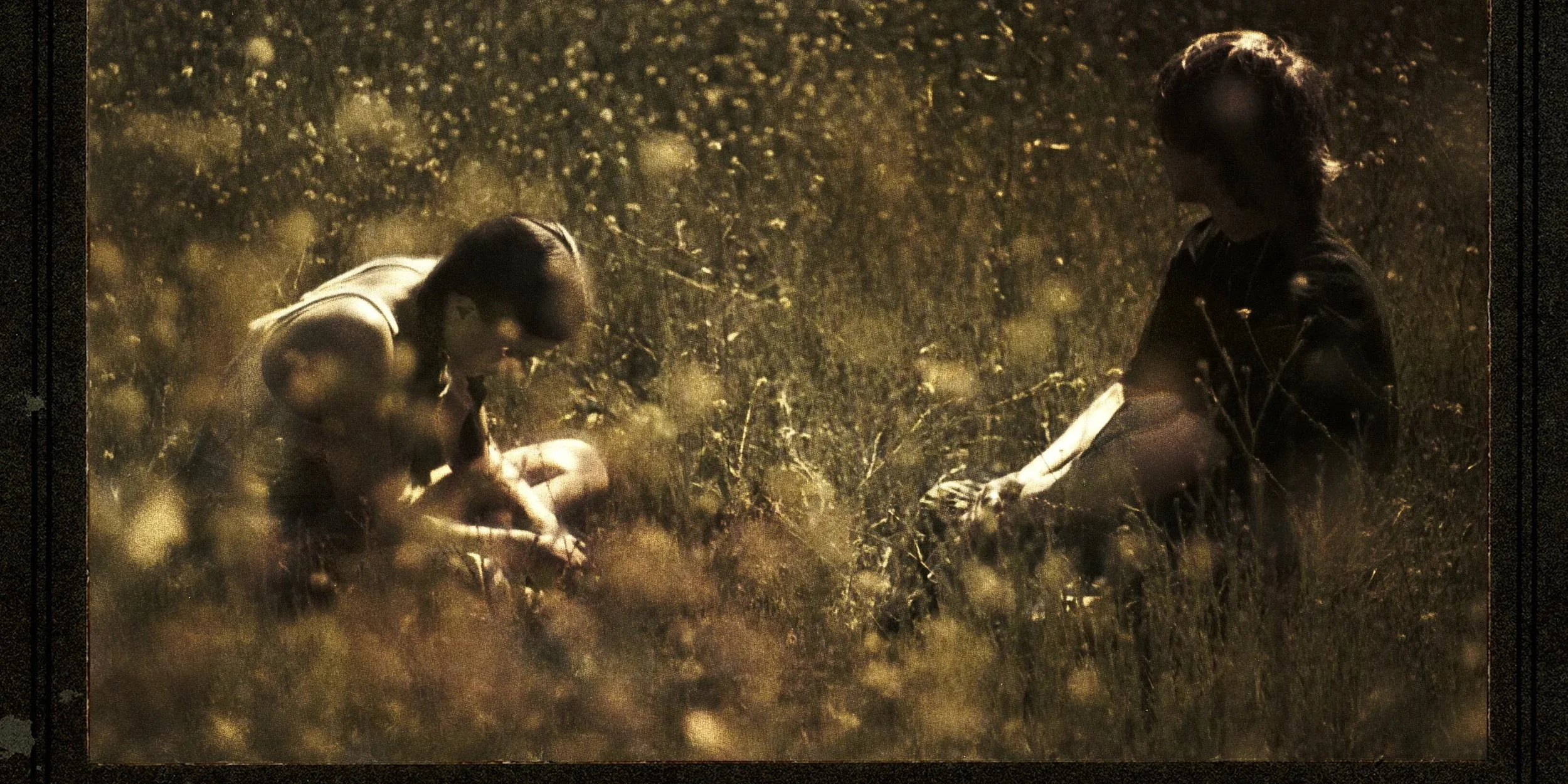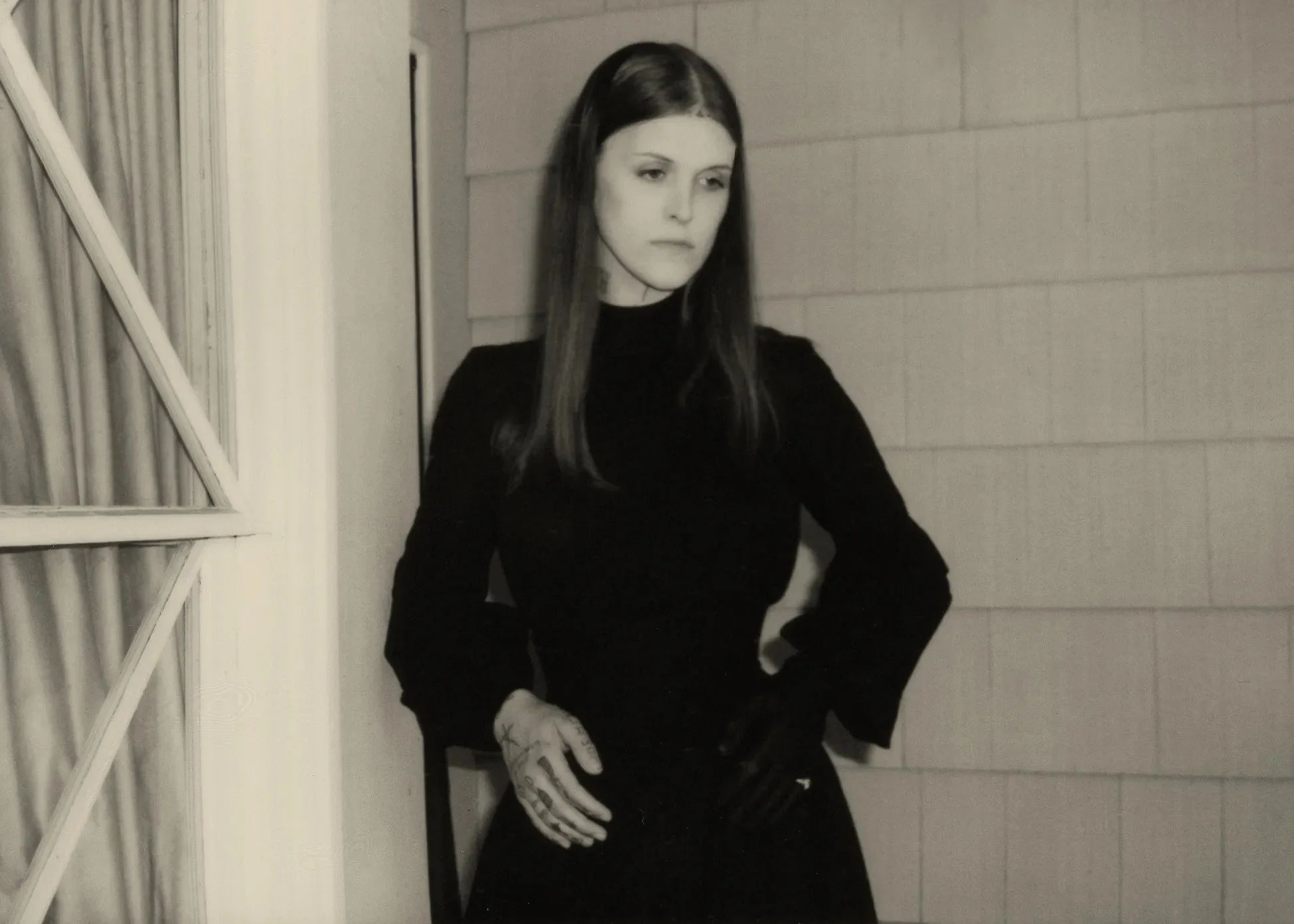Ethel Cain: Willoughby Tucker, I’ll Always Love You - Album Review
Written by Cameron Cade, edited by Charlotte Lewis
Have you ever heard of Cancer Alley?
In Louisiana, there is a stretch of land, about 140km, with a massive concentration of America’s petrol refineries. In this naturally stunning area of the United States that stretches out into the Gulf of Mexico, residents are 95% more likely to be diagnosed with cancer. This image of an area in the marshy south of the United States, radiating with carcinogens is one that I could not escape when listening to Ethel Cain’s new album, Willoughby Tucker, I’ll Always Love You.
Hayden Anhedönia, performing as the character Ethel Cain, has always had this element of tortured southern gothic tone to her music. Her debut album, Preacher’s Daughter, rides a fine line between Bible-Belt nostalgia and post-modern doomerism. Her recent follow up Perverts dives head first into the doom, with an industrial ambient album that was far removed from the almost-pop music of before; the drones of the album would almost be more fitting with the sound of a geiger counter clicking in the background.
Image - Pitchfork
Now with her third album, she follows on from the story she began in Preacher’s Daughter. This prequel follows Cain and her young love, Willoughby Tucker.
That image of Cancer Alley, an image of doom forced against an idealised version of the Southern United States is an image that first appeared for me while listening to “Willoughby’s Theme”, the second track on the album. This ominous piano track, with overdriven synths and guitars looming over it, sets an unmistakable tone. After hearing this song, the image of Cancer Alley malignantly sprawled across the rest of the album. The grand piano’s booming bass notes that appear in tracks like Radio Towers and Tempest were an ever present reminder of this image.
Even through more traditional pop songs, like “Fuck Me Eyes”, unmistakably referencing “Bette Davis Eyes” by Kim Carnes, are inseparable from this image. A story of young rival love and jealousy, a nostalgic image, is tainted by the cancerous story of a destructive family life and feelings of powerlessness in a world aiming to take advantage of the character’s. The inescapable throughline of Anedonia’s work as Cain is beautiful nostalgic images destroyed by the reality that comes crashing down into them.
“Nettles” continues this, leaning on Bluegrass influences as opposed to folk. Continuing the story of Cain and Willoughby Tucker, Cain recounts that feeling of all encompassing love that leads to the soul-destroying fear of harm coming to the person you love and the self-destructive feeling that her love is a punishment on others as she says “to love me is to suffer me.”
Anhedönia’s vocals are, as always, soul-destroyingly haunting in their lilt. “A Knock at the Door” showcases a version of this that we haven’t seen previously, one that is less in despair and more enamoured as Cain’s love for WIlloughby is expressed in opposition to the reality of his deterioration.
That tainted nostalgia, that image of cancer-causing refineries in the south, of fading photographs, of destructive young love comes crashing together with the final track of the album, “Waco. Texas”. This tragic ballad strips back much of the eccentricities of the album in favour of a choral guitar with a simple chord structure and a muffled set of backing drums. The album closes with this tragic realisation for Cain that she had been so caught up in her love for Willoughby Tucker that she ignored the real world, Tucker was so caught up in harsh realities he forgot to hope for their relationship. This tragic closer to the album is solely focussed on the performance of Anhedönia as Cain which is hard not to get a little teary eyed listening to it, as the choral versions of Hayden’s voice rise with the melodic guitar and the now far more present drums.
Willoughby Tucker, I’ll Always Love You is the refinement of the sound that Preacher’s Daughter first tried to encapsulate. That juxtaposition to the sweet and orange hued nostalgia of the past against the harsh realities of the present. The cancer seeping its way into the home town of your memories. Anhedönia creates a haunting love story that shows a lot about nostalgia and the brutalism of the modern world’s assault of universal truths of love and admiration.
Image - Vogue



